Maintaining good health largely depends on a balanced diet, particularly one rich in fruits and vegetables. Green vegetables are especially beneficial as they are packed with essential vitamins, minerals and antioxidants. However, one major concern is the presence of hidden insects and worms in many commonly consumed vegetables.
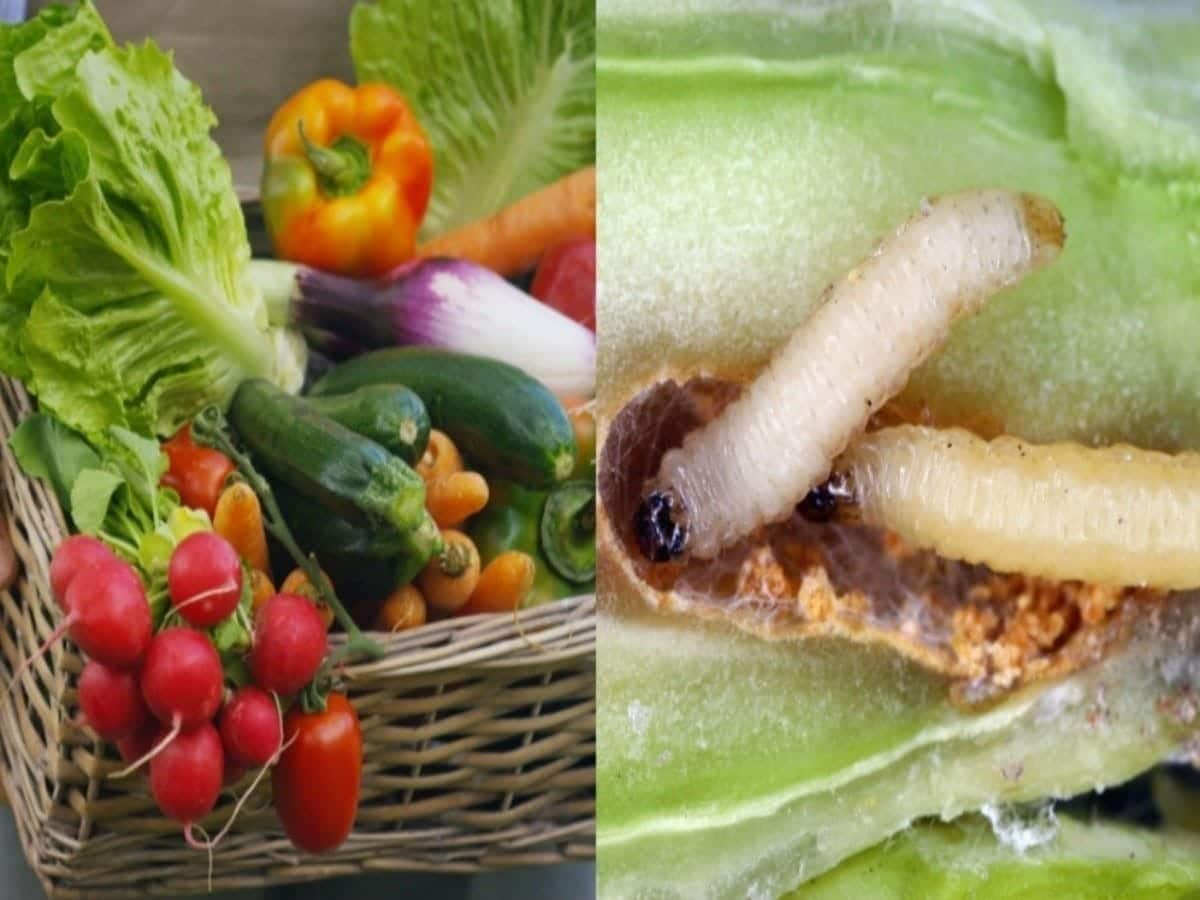
Vegetables like cabbage and cauliflower often harbour small insects that, if ingested, can lead to digestive issues, infections and, in extreme cases, serious neurological problems. Proper cleaning and cooking of vegetables is therefore not just advisable, it is essential.
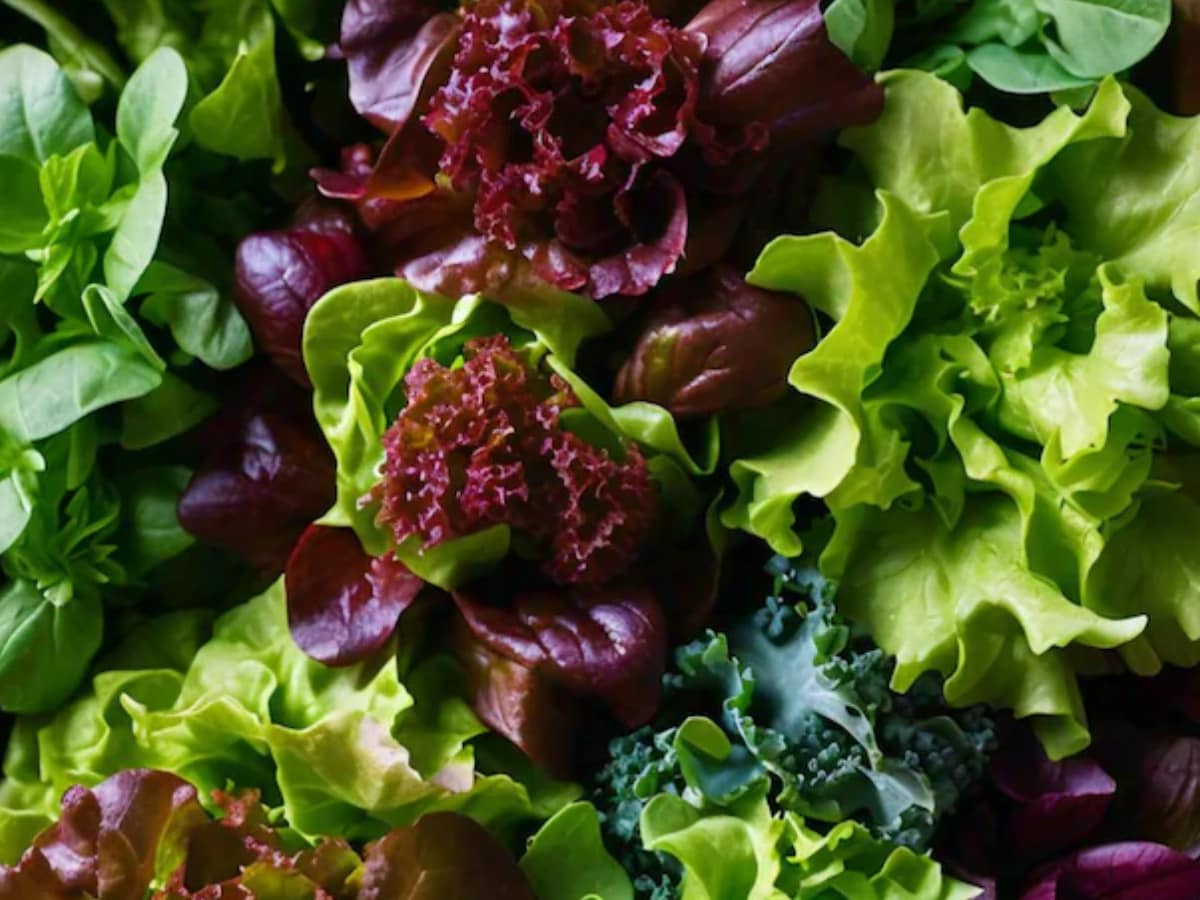
Medical professionals recommend steaming certain vegetables in hot water prior to consumption to kill any parasites. Dr Neeraj Kumar, Senior Neurologist at Metro Hospital, Noida, has identified seven vegetables that are frequently infested with tapeworms, urging people to exercise caution when handling and preparing them.
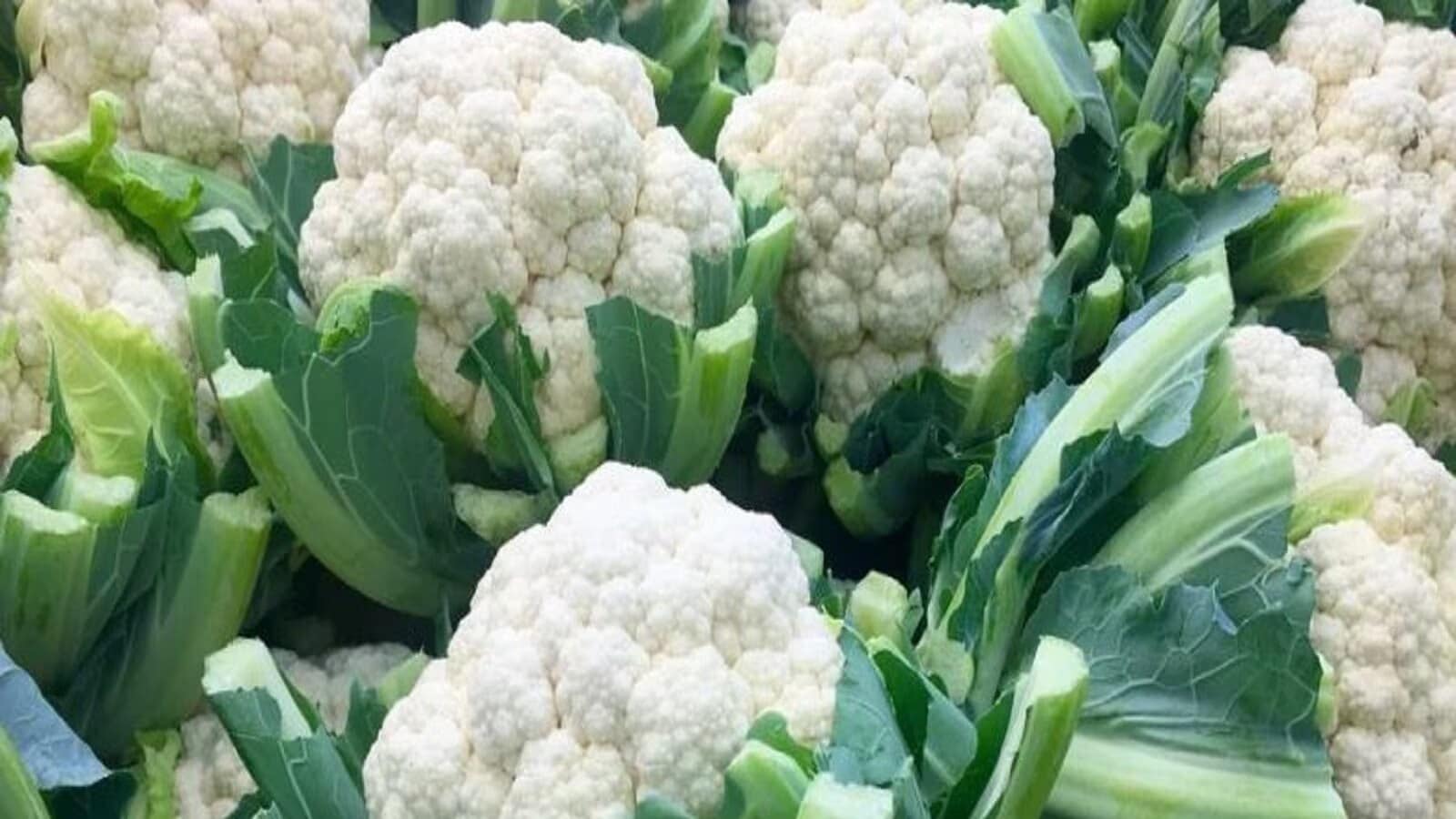
Cauliflower often contains worms that are not visible to the naked eye. Consuming these can have fatal consequences if the parasites reach internal organs such as the muscles, liver or brain. For safety, cauliflower must be cleaned thoroughly, boiled in hot water, and the water discarded before cooking.
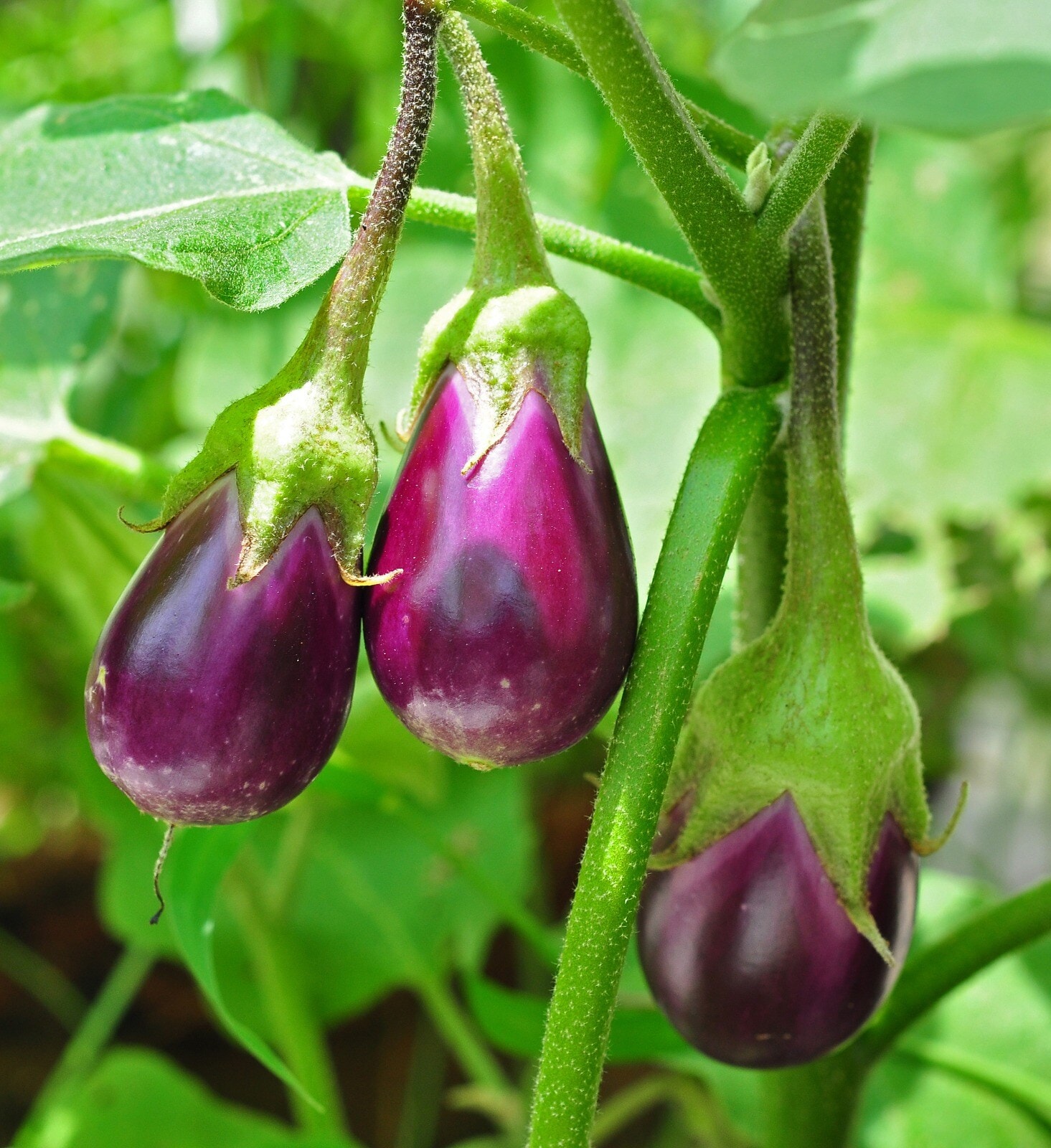
Aubergines (commonly known as brinjal) are also prone to tapeworm infestation. If worms are visible upon cutting the vegetable, it is best to discard it entirely. According to experts, some of these worms may survive even after cooking, posing a health risk if consumed.
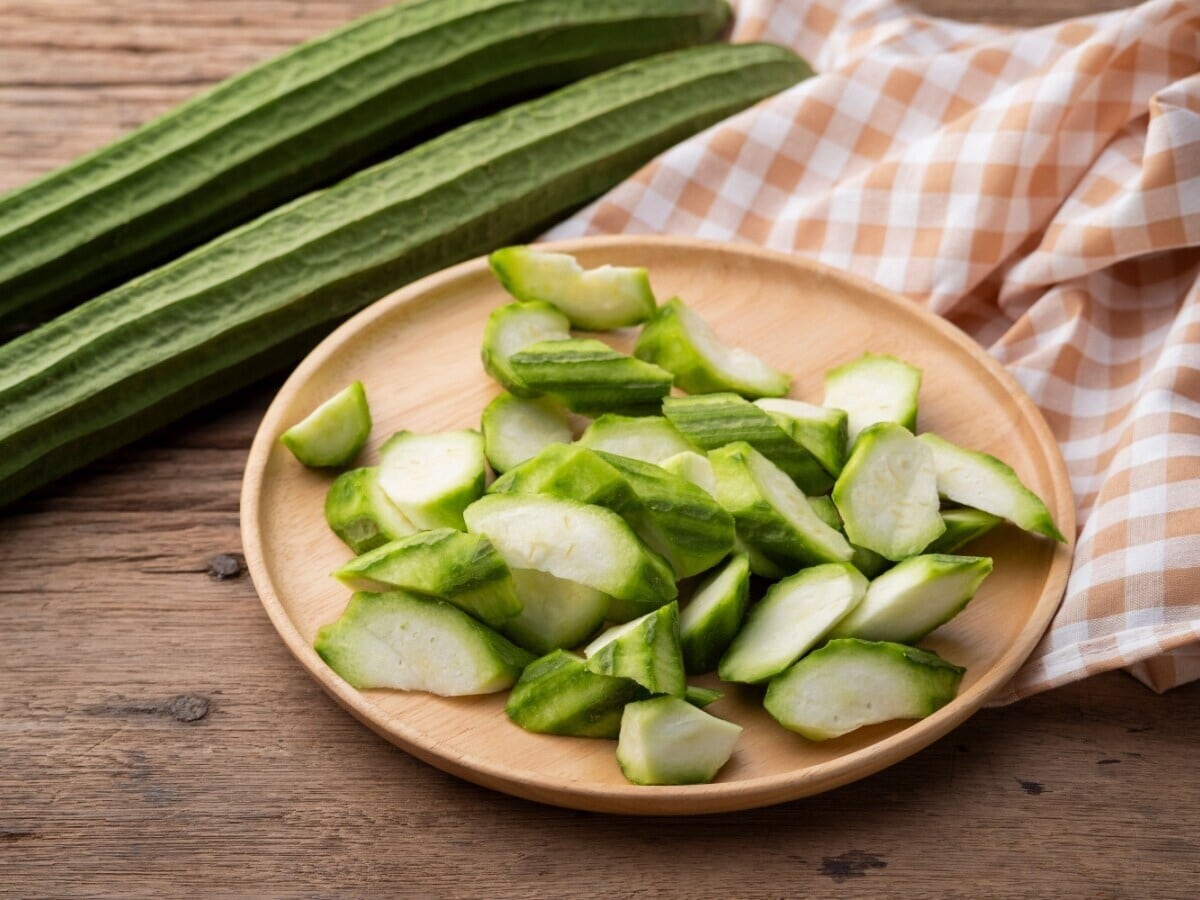
Ridge gourd, a commonly used vegetable in certain regional cuisines, is another at-risk plant. Worms in ridge gourds can grow from microscopic size to over an inch within a week, consuming much of the plant in the process. If eaten, these worms can enter the human body and potentially reach the brain. It is therefore vital to thoroughly wash shrimp and remove any visibly infested parts.
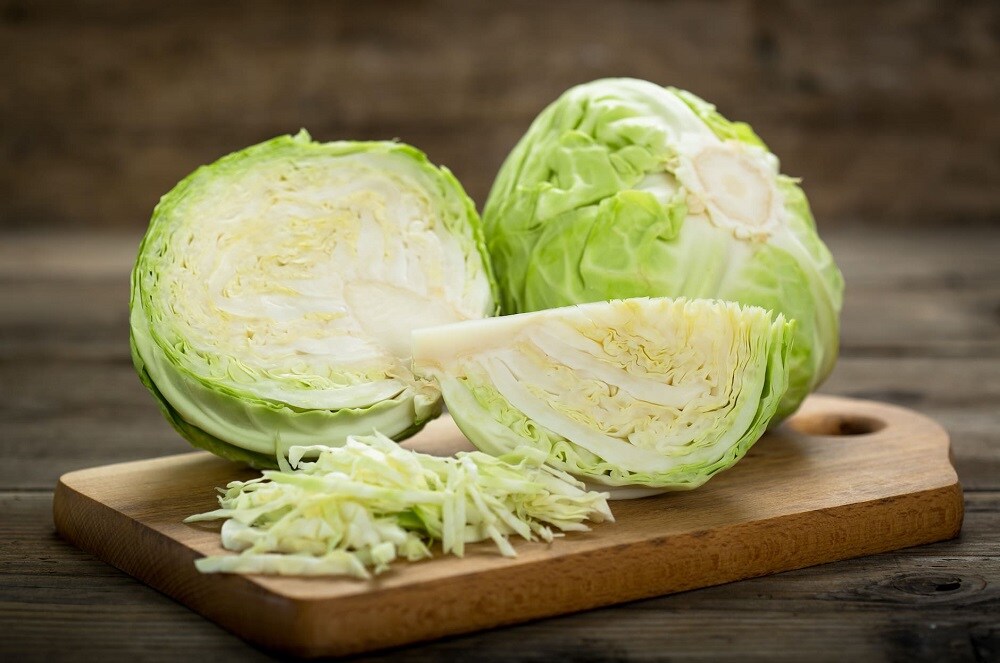
Cabbage is notorious for housing tapeworms in its tightly packed layers. These parasites multiply rapidly and, if not destroyed by proper cleaning and cooking, their eggs can hatch inside the human digestive system and travel to the brain. Experts advise avoiding raw cabbage entirely and recommend steaming it in hot water before use.

Taro leaves can also hide tapeworm eggs. If ingested without proper cleaning, they may lead to infections, vomiting, stomach issues and even severe neurological conditions. Proper washing of each leaf is essential before cooking.
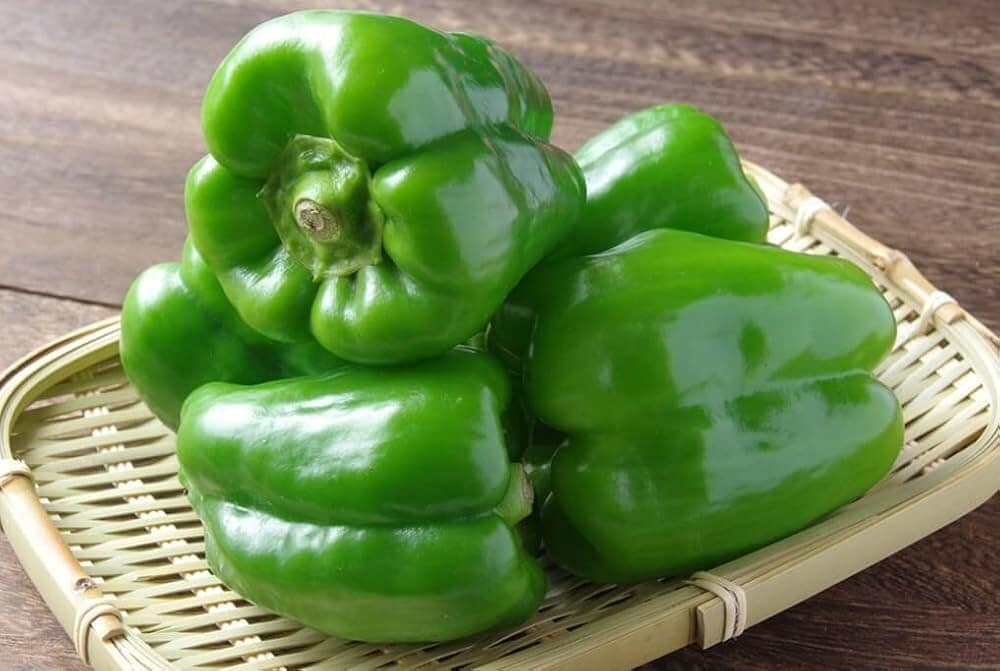
Capsicum (also known as bell pepper) may contain tapeworm eggs within its seeds and inner sections. To avoid infection, it is important to remove all seeds and clean the vegetable thoroughly before cooking.
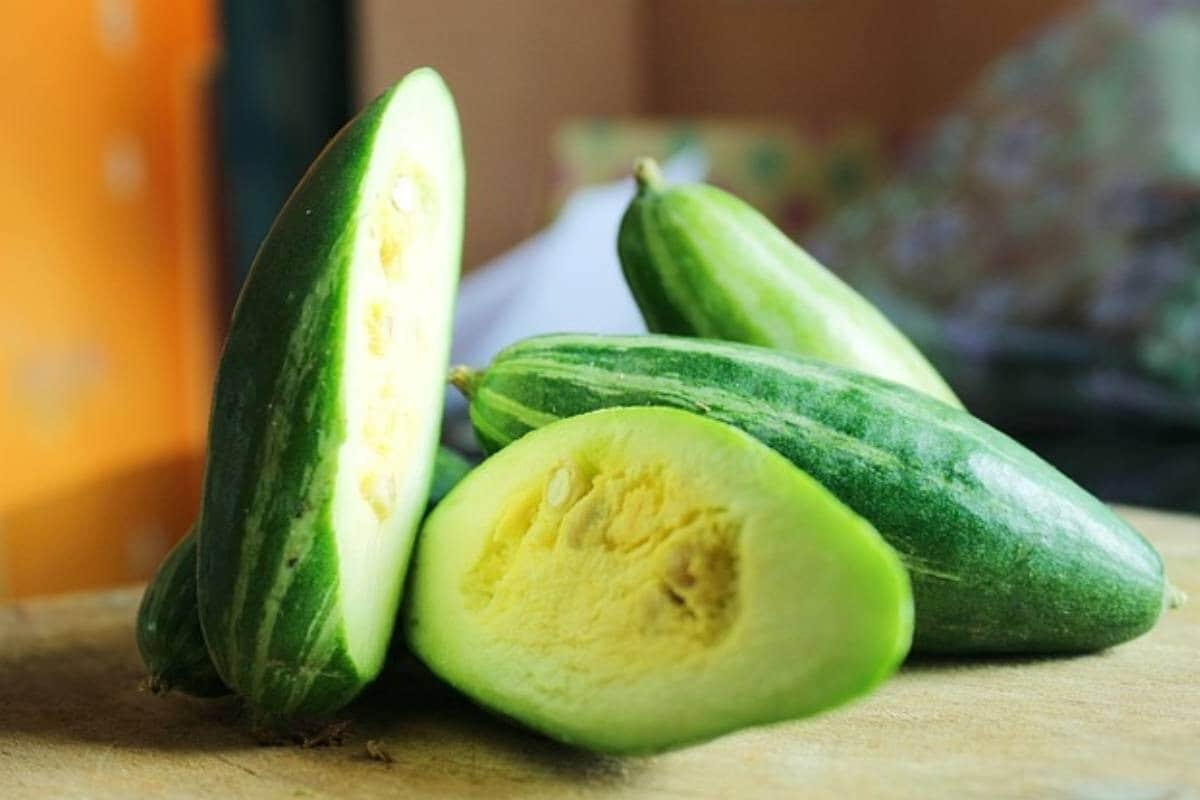
Pointed gourd, another vegetable commonly used in Indian households, is also at risk of contamination. The seeds may carry tapeworm eggs, especially when grown using artificial fertilisers or chemical pesticides. Eating unwashed pointed gourds can lead to infections, stomach discomfort, headaches and other complications. It is therefore crucial to wash it carefully before preparing it.
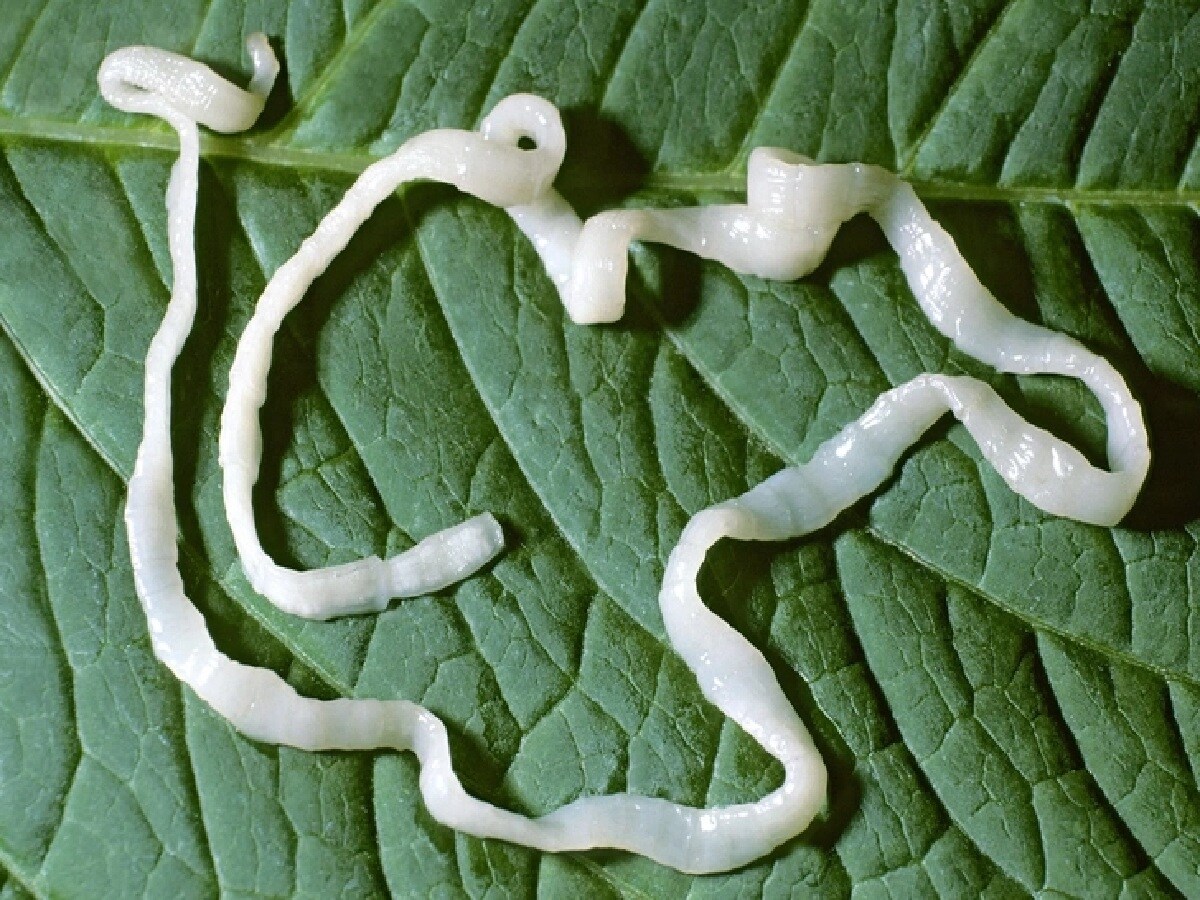
Tapeworms are primarily associated with pigs, and they enter the soil through pig faeces. Vegetables that grow close to the ground, such as cabbage, cauliflower, kale, broccoli, spinach, carrots and capsicum, are particularly vulnerable to this type of contamination.

Medical experts warn that tapeworm infections can cause a wide range of serious health problems, including muscle swelling, seizures, persistent headaches, and a life-threatening brain condition known as neurocysticercosis.

In conclusion, to avoid parasitic infections and protect one’s health, it is imperative to wash all vegetables thoroughly, especially those consumed raw, and cook them properly. This simple routine can safeguard against severe illness and ensure a safe, nutritious diet.






